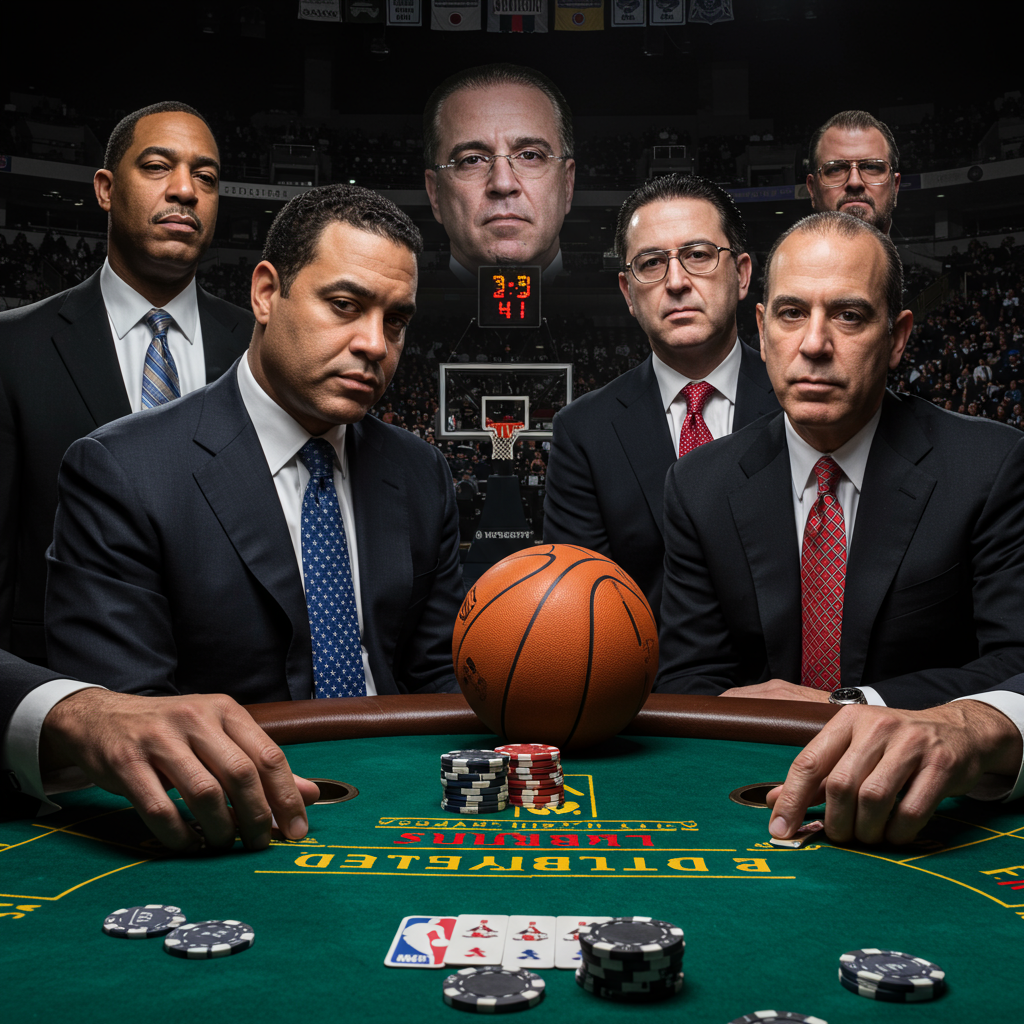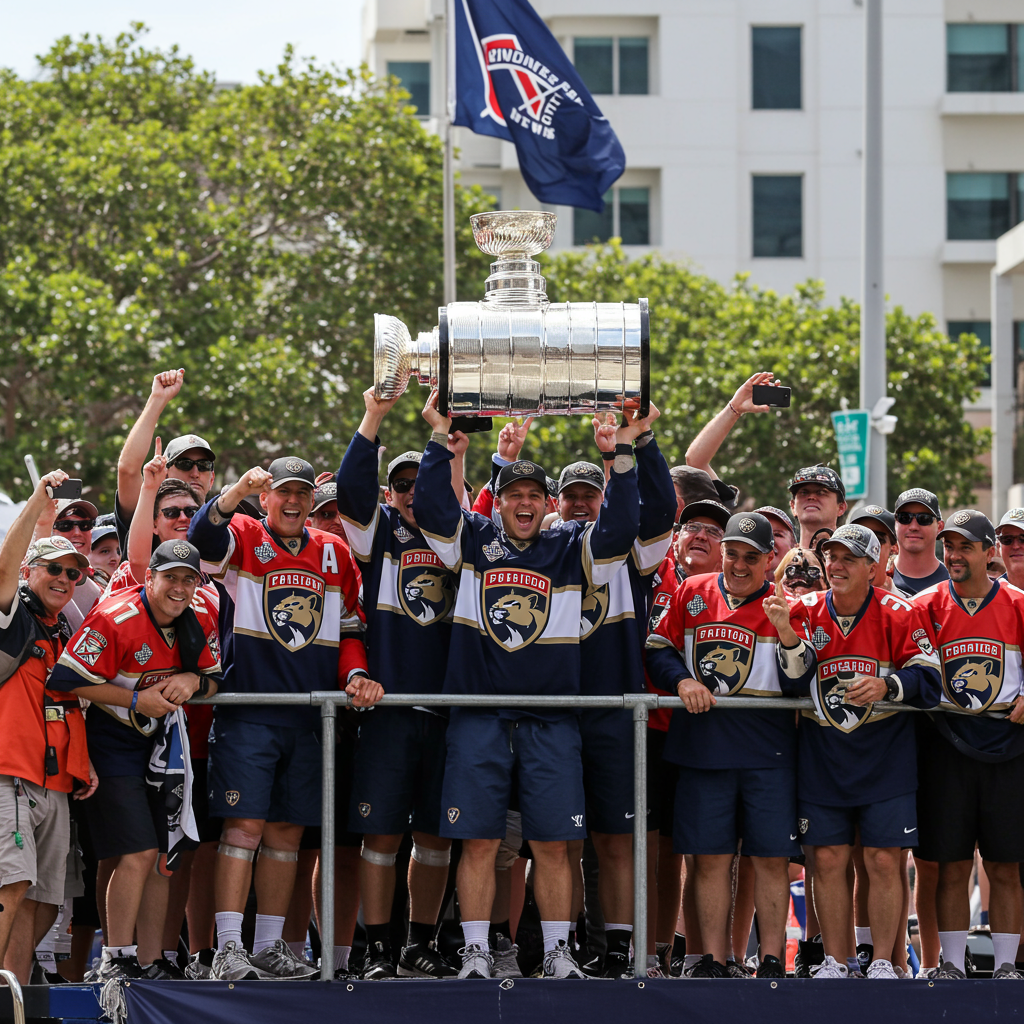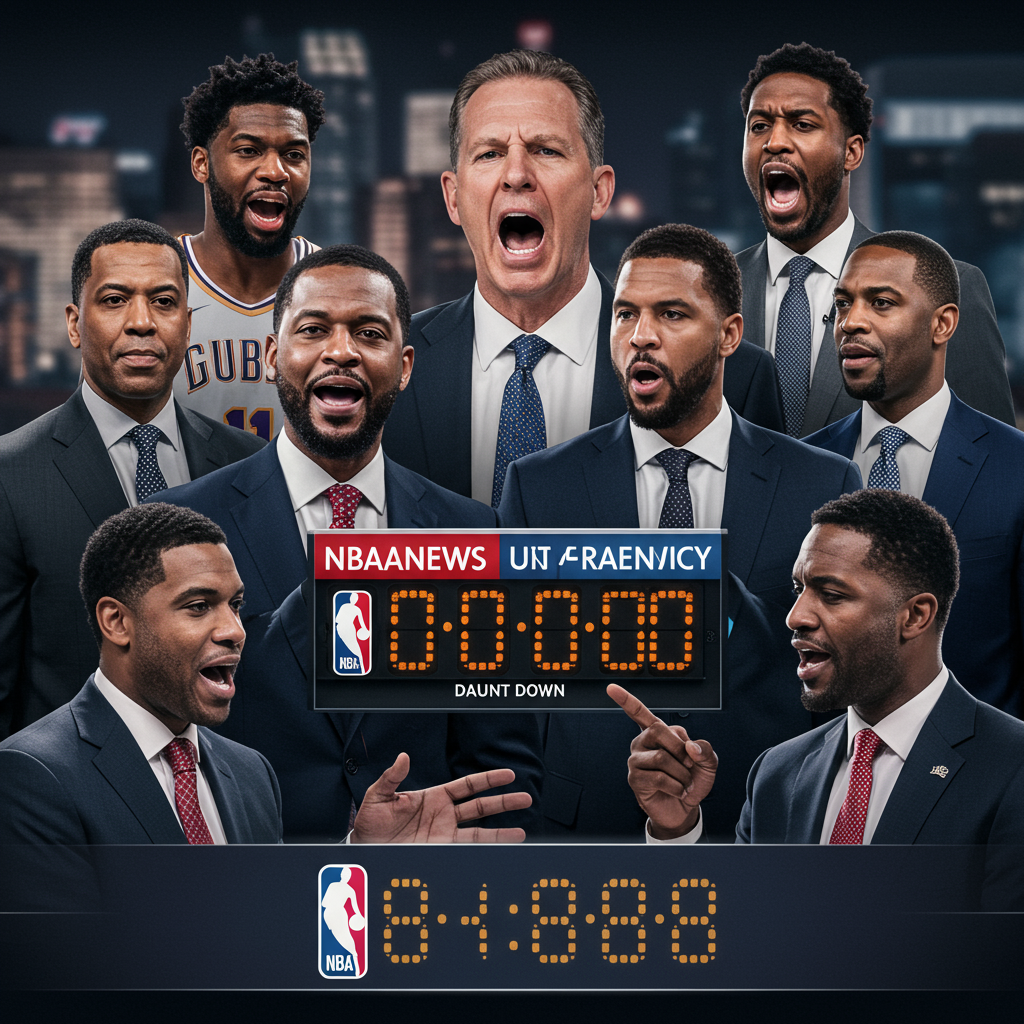The world of professional sports, particularly basketball, is reeling from a massive NBA gambling scandal that has pulled back the curtain on the enduring influence of organized crime and illegal betting. Federal prosecutors have exposed a sophisticated web connecting high-stakes poker games, insider sports betting, and alleged ties to New York’s most notorious Mafia families. This unfolding narrative raises critical questions about sports integrity and the profound risks of unchecked gambling.
At the heart of the probe, dubbed “Operation Royal Flush,” are accusations against former NBA stars Chauncey Billups and Damon Jones, alongside current player Terry Rozier. The charges, encompassing wire fraud, money laundering, and extortion, paint a grim picture of how seemingly harmless introductions can lead athletes into a dangerous vortex of influence and obligation, potentially threatening the very foundation of fan trust in professional sports.
How the Mafia Infiltrates Elite Sports
The alleged connection between the Mob and high-profile athletes often begins subtly. Experts like Scott Burnstein, founding editor of The Gangster Report, note that underworld figures cultivate relationships early, sometimes even at youth sports events. These interactions, seemingly innocent, can lay the groundwork for future exploitation. What might start as a friendly poker night or a casual introduction through an intermediary can quickly morph into a binding arrangement with Mafia sports betting operations.
In the current NBA scandal, prosecutors allege that Robert L. Stroud, a 67-year-old with a criminal history, acted as such an intermediary. Stroud, who had a past involving gambling-related incidents, is accused of recruiting Billups and Jones into rigged poker games. These games were reportedly backed by prominent crime families, including the Genovese, Gambino, Lucchese, and Bonanno families. These “Face Cards” — the athletes — served to attract wealthy “fish” (victims) to games in upscale locations.
The Mechanics of Deception: Rigged Poker and Insider Bets
The methods employed by the organized crime groups were alarmingly sophisticated. According to court documents, these high-stakes poker games used advanced cheating technology. This included custom shuffling machines capable of reading card order, barcoded decks, hidden cameras embedded in tables and light fixtures, and specially designed contact lenses or sunglasses that allowed cheats to see invisible markings. Victims were allegedly cheated out of over $7 million through these elaborate schemes. Former federal prosecutor Mitchell Epner described this fusion of rigged card games, professional athletes, and digital tools as unprecedented.
Beyond rigged poker, the investigation uncovered an insider NBA sports betting scheme. This involved exploiting non-public information about player injuries, absences, and last-minute lineup changes. The objective was to place profitable “prop bets” (wagers on specific player performances) at sportsbooks. Jontay Porter, a former Toronto Raptors player, was previously banned by the NBA for similar infractions, allegedly coerced due to existing gambling debts.
Miami Heat guard Terry Rozier, implicated in the probe, faced allegations of unusual betting patterns. During a March 2023 game while with the Charlotte Hornets, a surge of prop bets on his performance coincided with his early exit due to a purported foot injury. Damon Jones, meanwhile, allegedly shared and sold insider medical and lineup information before Lakers games. One text message from Jones reportedly urged a co-conspirator to “Get a big bet on Milwaukee tonight before the information is out!” when a key Lakers player was expected to sit out. These actions highlight how easily player integrity can be compromised.
The Allure and the Paradox: Why Athletes Get Involved
The charges against wealthy athletes like Chauncey Billups, who earned over $100 million in his playing career and nearly $5 million annually as a coach, beg the question: why risk it all? Keith Corbett, former head of the federal Organized Crime Strike Force in Detroit, suggests various motivations. Some athletes might be addicted to the thrill of gambling, an extension of their competitive spirit. Others might seek unreported cash or find themselves ensnared due to mounting debts. Damon Jones’s past bankruptcy filings and a text message requesting a $10,000 advance before a game suggest financial vulnerability can be a powerful motivator.
Michael Franzese, a former Colombo crime family capo who later advised sports leagues on gambling risks, emphasized that gambling taps into athletes’ competitive nature. “They want to raise the stakes,” he said, describing how players can lose thousands on road trips. This intrinsic drive, combined with the immense pressure and opportunities presented by Mafia sports betting circles, creates a potent trap.
Legalized Gambling’s Double-Edged Sword
The timing of this NBA gambling scandal is particularly poignant, coming in an era of rapidly expanding legalized sports betting. Since the 2018 Supreme Court decision in Murphy v. National Collegiate Athletic Association struck down PASPA, a “gold rush” of legalized gambling has transformed American sports. Live odds now flash during games, and major leagues, including the NBA, have lucrative partnerships with sportsbook apps. ESPN even operates its own sportsbook.
This commercialization presents a profound paradox. As Chris Quinn of “Today in Ohio” pointed out, while professional sports is a “cash cow,” the overwhelming financial temptation could ultimately “kill it.” If fans lose trust that outcomes are determined by honest effort, engagement will decline, potentially destroying the industry’s appeal. Lisa Garvin questioned whether politicians might regret legalizing sports betting given the aggressive promotion of betting ads.
Dan E. Moldea, an investigative reporter known for his book “Interference: How Organized Crime Influences Professional Football,” predicted that legalized wagering would fuel a surge in illegal gambling. He noted that underground bookmakers often offer better odds and credit, an “unshakeable allure” even amidst legal options. This creates a fertile ground for organized crime to thrive alongside the legitimate betting market, exploiting new vulnerabilities.
A Troubling History of Sports Corruption
The current scandal is not an isolated incident; it’s a chilling echo of a long and troubling history of organized crime exploiting sports.
1960s: Hall of Famers Connie Hawkins and Roger Brown had their careers impacted by association with Jack Molinas, a mob-linked fixer.
1978-79: Boston College basketball players were recruited by Henry Hill and Jimmy “The Gent” Burke (of “Goodfellas” fame) to manipulate scores in a point-shaving scheme. Edward A. McDonald, who prosecuted the case, noted how mob figures “make sure they are friendly with these kids, and the next thing you know they are in their world.”
Mid-2000s: NBA referee Tim Donaghy admitted to betting on games he officiated and feeding insider information to gamblers with mob ties.
Beyond Basketball: Tennis and boxing have also seen their share of mob attention, from fixed fights to match manipulation on international betting exchanges.
The experts agree: while the Mafia may have evolved, becoming less violent and more sophisticated, its core pursuit of profit through gambling remains constant. “They’re not going away,” former capo Michael Franzese asserted. This enduring presence, combined with the pervasive influence of legal betting, creates a volatile environment for sports integrity.
The Road Ahead: Restoring Trust
The NBA has taken these allegations “with the utmost seriousness,” placing Billups and Rozier on leave. However, the path to restoring full trust is complex. Celebrity criminal defense attorney Seth J. Zuckerman highlighted the NBA’s “hypocritical” position, given its extensive commercial partnerships with betting platforms while battling related scandals. Representative Paul Tonko (D-NY) described the scandal as an “inevitable consequence” of the unchecked explosion of the sports betting industry, advocating for federal regulation with advertising limits and affordability checks.
Oliver Bateman’s analysis in “NBA scandal reveals how gambling has corrupted the game” suggests that simply banning ads might be “politically impossible” due to the league’s own financial ties to the betting industry. This inherent conflict of interest makes self-policing incredibly challenging. Richard Sheehan, professor emeritus of finance at Notre Dame, suggested the scandal might not significantly damage public trust in regulated markets, as sportsbooks benefit from fairness and often report suspicious activity. However, the blending of legal and illegal elements in this “wide sweeping criminal enterprise” complicates that perspective.
For fans, particularly those in areas like Cleveland deeply invested in their local teams, these revelations force a troubling re-evaluation. The fundamental question remains: Can fans truly believe in the authenticity of what they are watching if the very product is susceptible to manipulation and the league profits from the forces that enable it? The current NBA gambling scandal serves as a stark reminder that the integrity of professional sports hangs precariously in the balance.
Frequently Asked Questions
What is the scope of the recent NBA gambling scandal and who is involved?
The recent NBA gambling scandal, dubbed “Operation Royal Flush” by the FBI, is a sweeping investigation into illegal gambling and fraud operations connected to four major New York Mafia families. It involves rigged high-stakes poker games and an insider NBA sports betting scheme. Prominent figures implicated include Portland Trail Blazers coach Chauncey Billups and former players Damon Jones and Terry Rozier. Over 30 arrests have been made across 11 states, with charges ranging from wire fraud and money laundering to extortion. The poker scheme alone allegedly cheated victims out of more than $7 million using advanced technology.
How do organized crime groups typically infiltrate professional sports?
Organized crime groups often begin by cultivating relationships with athletes at early stages, sometimes through seemingly harmless introductions or intermediaries. They exploit vulnerabilities such as financial difficulties, a competitive spirit that extends to gambling, or a desire for quick, untaxed cash. What starts as social interaction can escalate into a web of influence and obligation. Historically, the Mafia has also bought stakes in sports agencies or sponsored events to get close to athletes, using gambling debts or insider information as leverage to manipulate games or profit from illegal betting.
What are the wider implications of legalized sports betting for game integrity?
The proliferation of legalized sports betting, especially since 2018, has created a complex environment. While it generates significant revenue for leagues and states, experts warn it also creates a paradox: the financial temptation for players could corrupt the sport itself. The constant exposure to betting propaganda and the realization that athletes control the “product” being bet on increases the risk of game manipulation. This erodes fan trust, which is the bedrock of professional sports, and can inadvertently fuel illegal gambling markets where more favorable terms or credit are offered, further exposing athletes to organized crime.
The implications are far-reaching, potentially leading to questions about the authenticity of game outcomes and threatening the long-term viability of professional sports if integrity issues are not decisively addressed.



